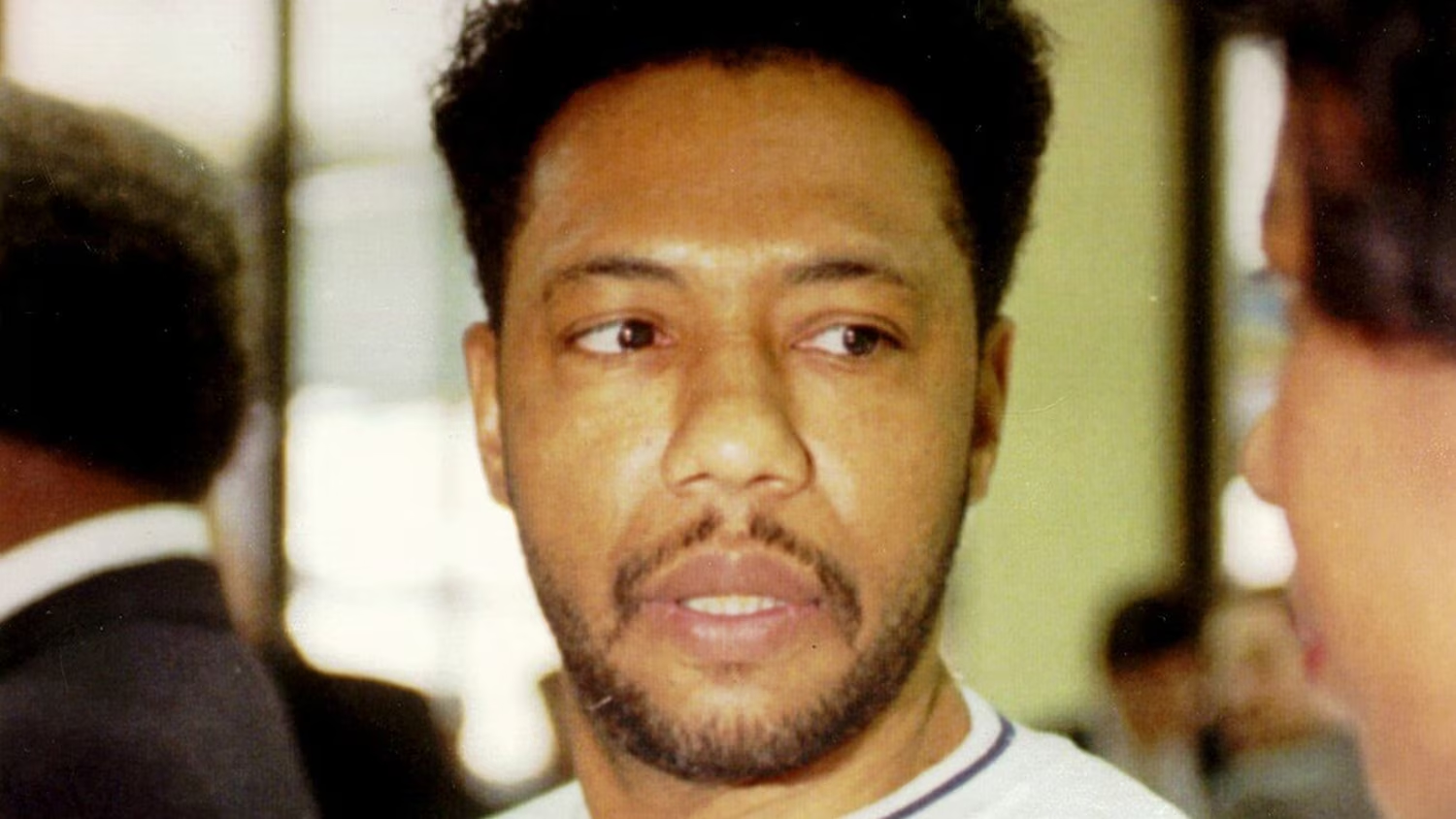In a surprising and controversial move, President Donald Trump has commuted the federal life sentence of Larry Hoover, the infamous Chicago gang leader and founder of the Gangster Disciples. Hoover, now 75 years old, has spent nearly three decades in solitary confinement at ADX Florence in Colorado—considered one of the most secure prisons in the world. This decision marks a major shift in Hoover’s legal status and reignites complex debates about justice, rehabilitation, and public safety.
Dr. Annie Andrews Announces 2026 U.S. Senate Run, Challenging Incumbent Lindsey Graham
Larry Hoover’s Criminal Background and Legal History
Larry Hoover’s criminal legacy dates back decades. He was initially convicted for the 1973 murder of William “Puki,” a 19-year-old drug dealer in Chicago, for which he is serving a 200-year state sentence. Later, in 1997, Hoover was convicted on federal charges for operating a continuing criminal enterprise, resulting in six life sentences. Despite his incarceration, Hoover’s influence in organized crime has reportedly persisted, leading many to view him as one of the country’s most notorious gang figures.
Commutation Sparks Mixed Reactions
Hoover’s legal team, the Bonjian Law Group, praised the commutation, arguing that Hoover has undergone significant personal rehabilitation, which had been ignored by the courts. “Mr. Hoover has spent nearly 30 years in the harshest solitary confinement,” they stated. “The courts have shown reluctance to acknowledge his growth and rehabilitation.”
However, the decision has stirred sharp divisions. Critics, including law enforcement, contend that Hoover continues to exert control over gang activities from behind bars and that releasing him could jeopardize public safety. Supporters see Hoover as a misunderstood figure, likening him to a “Robin Hood” for his philanthropic efforts and youth rehabilitation programs in Chicago’s troubled communities.
Cultural Impact and Advocacy for Hoover’s Release
Hoover’s story has transcended crime headlines to become a significant cultural touchstone, especially within the hip-hop community. Notably, artists like Rick Ross have referenced Hoover in their music, portraying him as a symbol of resilience and power. A 2021 benefit concert featuring Kanye West and Drake helped draw national attention to efforts advocating for Hoover’s release, attracting thousands of supporters.
What’s Next for Larry Hoover?
Following the commutation, Hoover is expected to be transferred from the ADX Florence Supermax prison to a less restrictive facility in Illinois. While his federal sentence has been commuted, Hoover remains under a lengthy state sentence for murder. His legal team plans to challenge the state conviction in hopes of securing further release or sentence reduction.
Broader Implications for Criminal Justice Reform
Larry Hoover’s commutation highlights ongoing national debates about justice, redemption, and the potential for rehabilitation within the U.S. criminal justice system. For advocates, this represents a significant step toward recognizing personal transformation and reducing excessive sentencing. For critics, it underscores the challenges of balancing public safety with reform efforts.
The case remains a flashpoint for discussions on gang violence, systemic inequality, and the role of government in providing second chances. As Hoover prepares for this new chapter, his story will likely continue to influence public discourse and policy on criminal justice reform.

